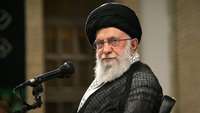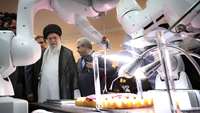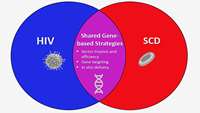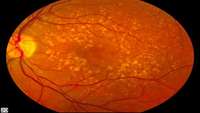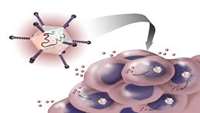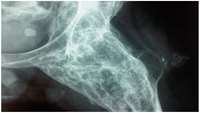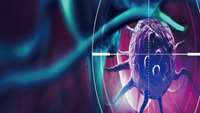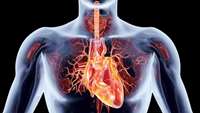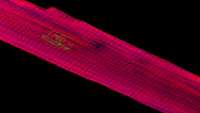A group of academic elites and top scientific talents met with the Supreme Leader of the Islamic Revolution
In this meeting, Ayatollah Khamenei urged Iranian academics and officials to accelerate the pace of scientific growth of the country, while praising the current developments, His Eminence asserted: We are among the top countries of the world in some nascent disciplines, but that does not convince us, and it is not enough.
The Supreme Leader visited the “Iranian-made” Achievements
The Supreme Leader visited the top knowledge-based companies and technologies exhibition (Iran Sakht) in Imam Khomeini Hussainia.
NIH launches new collaboration to develop gene-based cures for sickle cell disease and HIV on global scale
The National Institutes of Health plans to invest at least $100 million over the next four years toward an audacious goal: develop affordable, gene-based cures for sickle cell disease (SCD) and HIV. The Bill & Melinda Gates Foundation will also invest $100 million toward this goal. The intention is for these cures to be made globally available, including in low-resource settings.
CIRM Grants May Fund the Next Great Stem Cell Achievement
All scientific achievement begins with an idea. Yesterday, three researchers at University of California San Diego School of Medicine were awarded funding by the Independent Citizens Oversight Committee of the California Institute for Regenerative Medicine (CIRM) to pursue budding ideas that might eventually impact the field of human stem cell research.
A Microfluidic Device to Enhance Viral Transduction Efficiency During Manufacture of Engineered Cellular Therapies
The development and approval of engineered cellular therapies are revolutionizing approaches to treatment of diseases. However, these life-saving therapies require extensive use of inefficient bioprocessing equipment and specialized reagents that can drive up the price of treatment.
New treatment could improve care for two bone diseases
Researchers from the Bellvitge Biomedical Research Institute (IDIBELL) and the University of Barcelona (UB) have described the ability of an inhibitor of the PI3Kα (BYL719) to block the ectopic bone formation in mice.
Cancer stem cells elude the bodys immune cells by deactivating danger detector
Acute myeloid leukemia stem cells elude the bodys immune cells by deactivating a danger detector. The underlying mechanisms and the potential new therapeutic approaches that this gives rise to have been detailed in the journal Nature by researchers from the University of Basel and University Hospital Basel in collaboration with colleagues in Germany.
Stem cell therapy furthers research for infants with hypoplastic left heart syndrome
A phase I clinical trial is the first research monitored by the Food and Drug Administration that demonstrates the potential of regenerative therapy for hypoplastic left heart syndrome (HLHS) through collecting, processing and injecting an infants own stem cells directly into the heart at the time of surgery.
Epigenetic Priming of Human Pluripotent Stem Cell-Derived Cardiac Progenitor Cells Accelerates Cardiomyocyte Maturation
Human pluripotent stem cell-derived cardiomyocytes (hPSC-CMs) exhibit a fetal phenotype that limits in vitro and therapeutic applications. Strategies to promote cardiomyocyte maturation have focused interventions on differentiated hPSC-CMs, but this study tests priming of early cardiac progenitor cells (CPCs) with polyinosinic-polycytidylic acid (pIC) to accelerate cardiomyocyte maturation.
Circadian rhythms and sleep in children with autism
A growing body of research has identified significant sleep problems in children with autism. Disturbed sleep-wake patterns and abnormal hormone profiles in children with autism suggest an underlying impairment of the circadian timing system.


